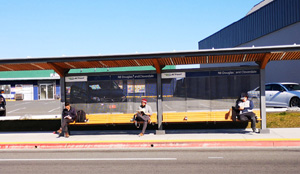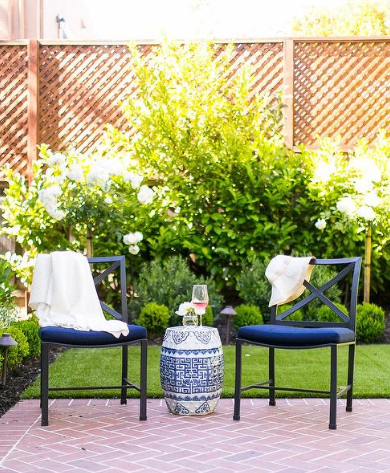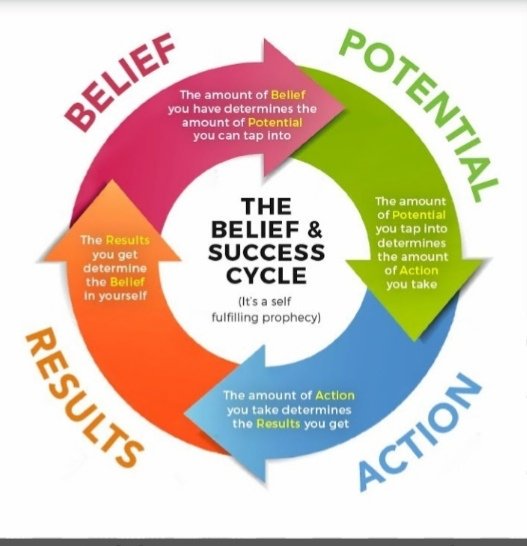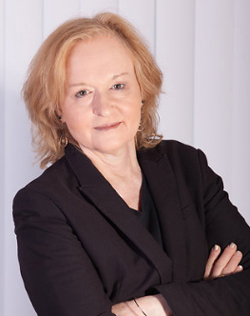Saturday April 4, 2020 ~ WEST SHORE
by Mary Brooke, B.Sc., Cert PR ~ West Shore Voice News
So it’s been a few weeks now that life has been tumbling into a new reality with a swirl of chaotic changes.
We wave from across the street rather than hug hello. We do our jobs (if we still have one) from home through cyberspace. We plan grocery shopping trips like a military operation.
These are measures “for now, not forever”, we are told. But the sudden shock of doing almost everything in our lives differently than just a few weeks ago is jarring. While most people have embraced self-isolation and physical distancing (for its obvious powerful benefit of stopping the transmission of the COVID-19 virus between people), it won’t be long before people realize the degree to which we have voluntarily agreed to a significant loss of freedom and movement in our lives.
In BC the preliminary results of following the measures asked of us by the Provincial Health Officer may be promising. There has not been a dramatic rise in confirmed cases, outbreaks seem contained (sadly) to long term care homes, and the death rate is low. Thousands of hospital beds that have been freed up for a potential sudden influx of patients requiring acute care for the COVID-19 respiratory infection have not been used yet in any massive number.
In comes a microscopic coronavirus and everything changes. We can only hope that this disease which has come in like a lion will go out like a lamb. But it’s still too soon to know about that.

Governments, businesses, families and individuals — we are all being forced to adapt quickly, and in ways most of us have not prepared for.
So every day is different, a mini moment within the marathon. New ways of doing things, new times for doing things, the setting of new routines based on things not heeded or needed before (such as politicians speaking to us over the airwaves at regular times, or limited store hours for those quick grocery shopping trips).
We are told by public health officials that there is very likely a second wave of COVID-19 looming ahead. Without a vaccine in time for the beginning of the next respiratory viral season (coming up fast in September/October of 2020), we can expect another year or more of life not of the way we used to know it.

Political leaders are telling us now 18 to 24 months for a usable, reliable vaccine. Scientists and researchers are moving fast, but the process has stages to work through including testing of a vaccine through trials before it can be approved, then the time for production in mass quantity, then distribution. We’re probably looking at fall 2021 at the earliest for public availability of a vaccine.
So while science does its work and politicians attempt to keep everyone calm, financially sustained and informed, the COVID-19 war zone has action on essentially three front lines: the health care active treatment of people who are sick; the army of other essential workers who produce, transport and deliver the many goods that we need in our lives; and the rest of us at home in self-isolation.

For everyone there is a need for creating new daily routines built of small moments. Perhaps you now make a point of having breakfast as a family, or catching the TV news at the same time each day, or sitting in your yard for a while to enjoy the morning or the evening in fresh air perhaps with the sound of birds chirping. Hmm, that sounds familiar … like the way we used to live before everything ramped up like a massive machine on some sort of shared source of amphetamines.
The health care workers need those small moments of reprieve around the enormous actions asked of them in the workplace; they might find this available to them at the end of the day but in many cases they are further isolated from family so as not to infect them.
People out and about doing production, transportation and delivery are pushed by other people’s agendas, and will need time at the end of each day to recompose.
People self-isolating at home will soon find that floating through the day without a small mission — even if that is to reflect and recompose amidst all the many new tasks (like applying for online financial supports in a sea of many changes) — will soon lose its appeal. And yet the feeling of being trapped or contained without an end-date in sight produces its own need to take moments away from the odd new grind of trying to stay entertained and productive in a confined space.
All this rapid adaptation to things strange and uncomfortable will come at a cost later on. Yes, we are probably now all making a valiant contribution to breaking the chain of COVID-19 transmission. What we will be left with afterward is a range of emotional and mental health challenges. But in context, that’s a small price to pay compared to a worse scenario.
The impact of COVID-19 will reverberate for years, if not decades, just as did the impact of World War II did on the psyche of our families and society. The post traumatic stress disorder (PTSD) that been relatively well understood in modern society in recent years could become something many if not most of us will need to deal with at some level in a post-COVID-19 world.
Meanwhile, the small things we do each day until we reach that unknown end-point of a society where we can again travel, mingle, meet and socialize will make the difference as to how well we fare as individuals, families and communities through this journey to the other side. This will be a work in progress… small details of a new routine interwoven to create new meaning to the phase ‘work-life balance’.
Until COVID-19 hit, it was about attempting to balance the out of control load of hectic lives, probably with none of the sectors (home, relationship, work, health) getting its full or due attention. It seemed like time was endless… that one fundamental aspect of life could be put on hold to the benefit of another (though it’s unclear how metaphorically holding one’s breath for too long has any benefits).

This time of self-isolation and physical distancing is actually a golden opportunity to reassess what is important to us, to think about what we will do differently or better once life is in full motion again. What we’ll decide we won’t or can’t live without, if we get the chance to try again.
For now we are all on pause. In this ‘moment without time’ we can visualize, feel, plan and dream. We can recreate ourselves in this moment, readying ourselves for the new start gate of a changed world — whenever that may come. Small changes every day, with the action on some now put on pause until we are set free in post-COVID-19.
Taking this on with positive thinking is key now. We can savour the small moments in days that overall have sweeping impact. Create new routines that are special to you. Reach out to friends and colleagues in ways that you didn’t have time to before. Strengthen yourself by strengthening your network.
The web of humanity is being challenged by a microscopic virus that is pulling down the mightiest of economies and the dearest of our people. The interpersonal social web among us — if strengthened with purpose and intention — can be our emotional and psychological shield as we move forward along this strange new marathon along uncharted paths to a new post-COVID future.

===== Mary P Brooke has a B.Sc. in nutrition (with studies in microbiology, biochemistry, and community education), as well as a second major in sociology. Her editorials are most often through the lens of socioeconomics as a way of exploring the social ecology of our world.



